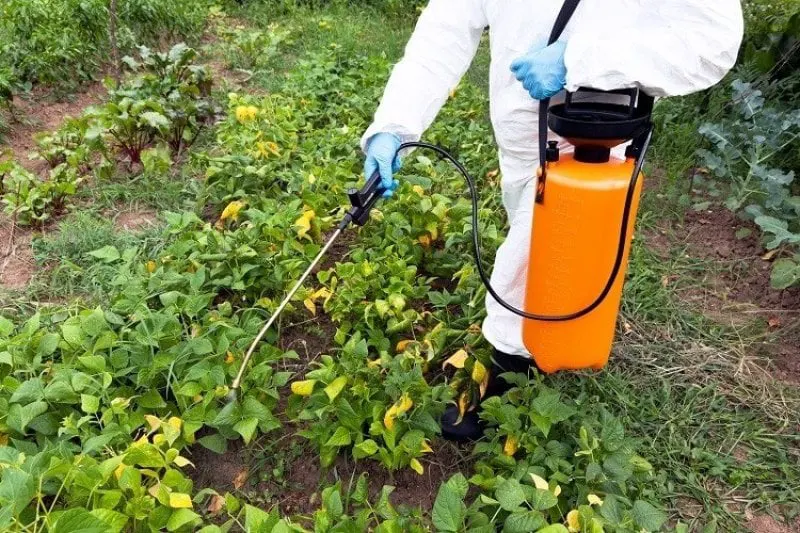Fighting cancer in humans has opened doors to controlling chemical resistance in weeds
Fighting cancer in humans has opened doors to controlling chemical resistance in weeds


Glyphosate was first introduced into Australian broadacre cropping systems almost half a century ago as an effective way to kill weeds.
Commonly known as Roundup, the chemical has been the most frequently used herbicide on the planet, mainly because most plants cannot metabolise it or break it down.
But in recent years, weeds have started developing resistance and researchers have been kept busy attempting to find ways to prolong the chemical’s life.
Now, researchers at the Australian herbicide’s resistance initiative (AHRI) have discovered that these resistant plants actually pump the chemical out of their cells and into the space in between, in a strikingly similar way to how resistant cancer cells reject drugs in humans.
…
“In human cancer, it’s known that one of the mechanisms of cancer tumour cells in humans can become resistant to the anti-cancer drugs is due to the ability of human cancer cells to pump anti-cancer drugs out of the cells and therefore they survive and the tumour lives and the patient may die,” Professor [Steve] Powles said.
“We’re going to initiate research now to find out how much this mechanism is occurring in rye-grass because we have hundreds, if not thousands of rye-grass populations that are resistant to glyphosate,” he said.
Read the original post

 | Videos | More... |

Video: Nuclear energy will destroy us? Global warming is an existential threat? Chemicals are massacring bees? Donate to the Green Industrial Complex!
 | Bees & Pollinators | More... |

GLP podcast: Science journalism is a mess. Here’s how to fix it

Mosquito massacre: Can we safely tackle malaria with a CRISPR gene drive?

Are we facing an ‘Insect Apocalypse’ caused by ‘intensive, industrial’ farming and agricultural chemicals? The media say yes; Science says ‘no’
 | Infographics | More... |

Infographic: Global regulatory and health research agencies on whether glyphosate causes cancer
 | GMO FAQs | More... |

Why is there controversy over GMO foods but not GMO drugs?

How are GMOs labeled around the world?

How does genetic engineering differ from conventional breeding?
 | GLP Profiles | More... |

Alex Jones: Right-wing conspiracy theorist stokes fear of GMOs, pesticides to sell ‘health supplements’




 Trust issues: What happens when therapists use ChatGPT?
Trust issues: What happens when therapists use ChatGPT? Fighting deforestation with CO2: Biotechnology breakthrough creates sustainable palm oil alternative for cosmetics
Fighting deforestation with CO2: Biotechnology breakthrough creates sustainable palm oil alternative for cosmetics Viewpoint: Video — Big Solar is gobbling up productive agricultural land and hurting farmers yet providing little energy or sustainabilty gains
Viewpoint: Video — Big Solar is gobbling up productive agricultural land and hurting farmers yet providing little energy or sustainabilty gains California, Washington, Oregon forge immunization alliance to safeguard vaccine access against federal undermining
California, Washington, Oregon forge immunization alliance to safeguard vaccine access against federal undermining Viewpoint — Fact checking MAHA mythmakers: How wellness influencers and RFK, Jr. undermine American science and health
Viewpoint — Fact checking MAHA mythmakers: How wellness influencers and RFK, Jr. undermine American science and health 30-year-old tomato line shows genetic resistance to devastating virus
30-year-old tomato line shows genetic resistance to devastating virus The free-range chicken dilemma: Better for birds, but with substantial costs
The free-range chicken dilemma: Better for birds, but with substantial costs ‘You have to treat the brain first’: Rethinking chronic pain with Sanjay Gupta
‘You have to treat the brain first’: Rethinking chronic pain with Sanjay Gupta
